![Illustration of marching advocates by Denise Louise Klitsie for FULLER magazine]() “The church is called to embody a life-giving political community with or without a healthy political system in its place. . . . Rather than merely choosing from among the political options, the church must always be involved in generating new options.”
“The church is called to embody a life-giving political community with or without a healthy political system in its place. . . . Rather than merely choosing from among the political options, the church must always be involved in generating new options.”
+ Tommy Givens, assistant professor of New Testament, in his essay The Politics of the Church in the World. The marchers depicted above—William E. Pannell, Harriet Tubman, Glen Stassen, James Earl Massey, Martin Luther King Jr., Sojourner Truth, Rosa Parks, and Dietrich Bonhoeffer—never linked arms, but they have, however, gone before us in the faith, embodying Christ. The resources below are offered in the same spirit—an invitation to join the Fuller community and the wider church in embodying a community that seeks to do justice, love kindness, and walk humbly with our God. Read a message from Fuller’s leadership reflecting on violence in Charlottesville.
Voices on Reconciling Race
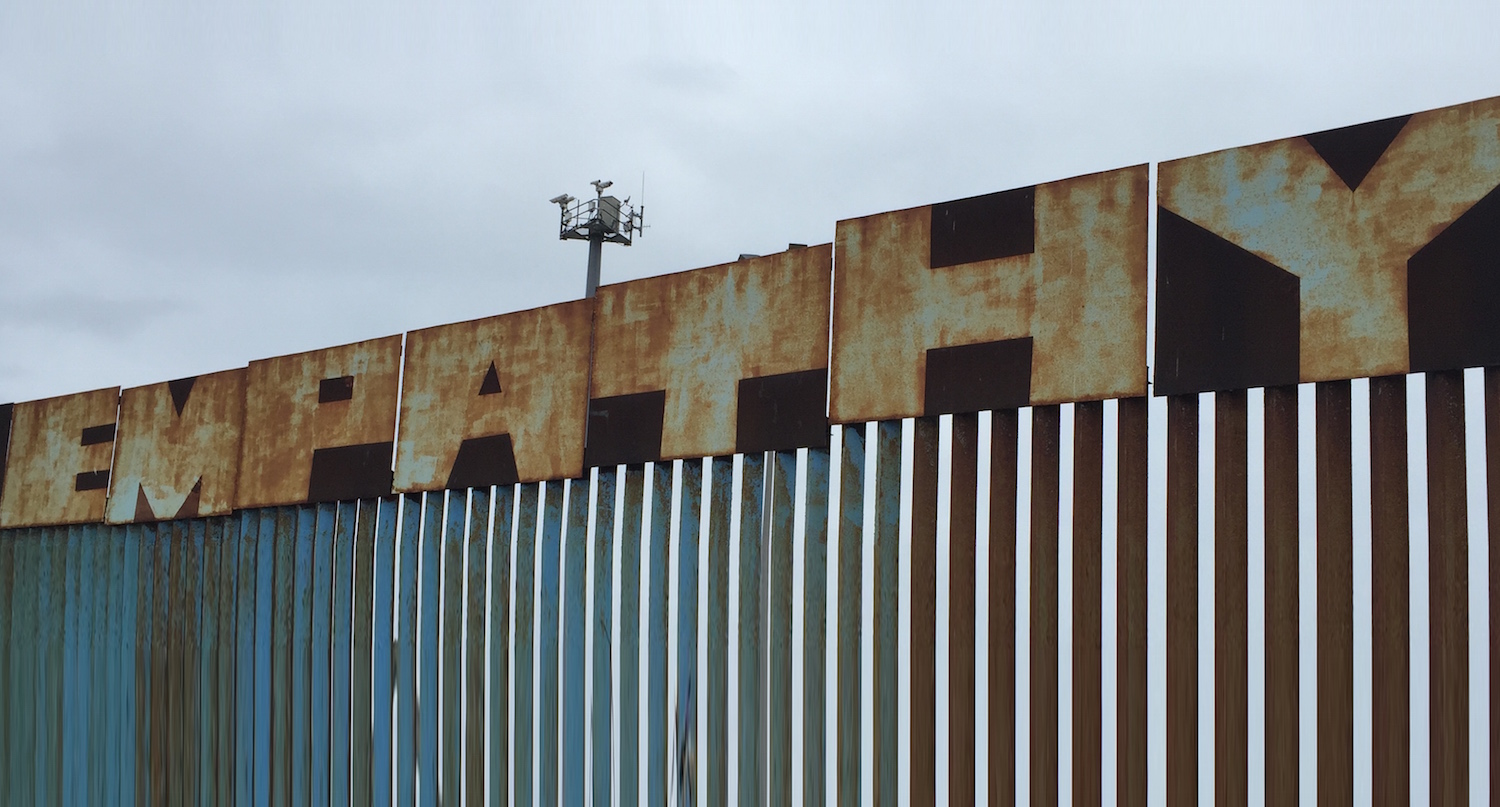
“The theme of reconciliation has become a dominant one in our time because of pain. There are underlying grievances. A race war has been brewing since the first boatload of slaves debarked on American shores and has been simmering since, with periodic eruptions such as those we’ve distressingly seen in the news of late. Animosity grows out of that unrelieved pain; reconciliation is the only way to peace. This challenge could result in the finest hour for the church. However, why would anyone take the church seriously when it speaks about reconciliation? We have no right to talk about this until we get our house in order. In a society characterized by alienation, our first responsibility is to love one another in the body of Christ.”
+ William E. Pannell, professor emeritus of preaching, in an essay on race and reconciliation. The seminary recognized his tremendous service to Fuller and the whole church with the January 2015 renaming and dedication of the and namesake of the William E. Pannell Center for African American Church Studies.
“Where is the togetherness? Where is the unity? Where is the Body of Christ? If you are not willing to leave the safety of your community to march with us or to stand with us in solidarity when the cameras are off, how do I know you care? How do I know that you have a deep concern for black youths who are being killed every week in the streets? How can I know unless you show me? We need a unity that goes across every kind of dividing line because that is the perfect will of God—that we be one in the body of Christ. Because of the silence of the evangelical church in the past, we need a strong opposition today to racism in every form. We need that strong position from our church leaders. . . . We see and hear stories of racism across the nation, we continue to hear black stories of pain, and we continue to see black bodies lying in pools of their own blood—that should speak to us!”
+ Caleb Campbell, MDiv student, reflecting on the need for a response to racism. Read more of his story here and at the Story Table: Reconciling Race. Pictured: a group of faculty and students on a trip to the security wall dividing California and Mexico, a “border pilgrimage” that turned abstract debates into a human struggle requiring empathy and compassion to address. Explore more resources on reconciling race.
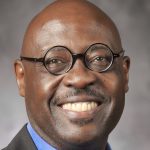 “When you can see the land as something else other than bound to people, and see people as something else other than bound to the earth and animals, no matter what you want to do, how you want to think ethically, morally, theologically, spiritually about life, It’s always going to be deeply dysfunctional and even diseased. Because what you say about bodies will always ring a bit hollow because you still haven’t put them back you still haven’t joined them back to the land. . . . That deep disconnect drives so many of our problems. Until we understand that, we can’t understand why race is so powerful. Race exists precisely in that disconnect.”
“When you can see the land as something else other than bound to people, and see people as something else other than bound to the earth and animals, no matter what you want to do, how you want to think ethically, morally, theologically, spiritually about life, It’s always going to be deeply dysfunctional and even diseased. Because what you say about bodies will always ring a bit hollow because you still haven’t put them back you still haven’t joined them back to the land. . . . That deep disconnect drives so many of our problems. Until we understand that, we can’t understand why race is so powerful. Race exists precisely in that disconnect.”
+ Willie Jennings, a systematic theologian from Yale Divinity School, reframes fraught social problems around a theology of place in his conversation with President Mark Labberton on the Conversing podcast. Listen here.
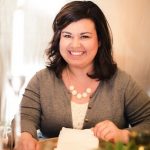 “For too long we’ve become complicit in having monocultural, one-language congregations. If the church means to only gather with people like me, then it’s not church. It’s called a social club, and we’re not perpetuating the gospel—we’re perpetuating walls. Our ecclesiology needs to be about building bridges. What does it mean to worship? What does it mean to extend hospitality? We have to answer these questions if we’re going to break down the walls within the church.”
“For too long we’ve become complicit in having monocultural, one-language congregations. If the church means to only gather with people like me, then it’s not church. It’s called a social club, and we’re not perpetuating the gospel—we’re perpetuating walls. Our ecclesiology needs to be about building bridges. What does it mean to worship? What does it mean to extend hospitality? We have to answer these questions if we’re going to break down the walls within the church.”
+ Jennifer Guerra reflects on barriers to diversity on an event panel from “A Bridge to a New America: A Conversation on Race, Faith, and Justice.” Click here to read her story navigating cultural identities and ministry.
Voices on Political Civility

“It must be established that political ideologies are not synonymous to Christian doctrines. . . . We must be objective enough to look into the opposing political ideologies to identify principles that align with our faith, adopt and affirm them, while rejecting those that conflict with our faith and beliefs. The fact of the matter is that both the liberal and the conservative wings of the American political landscape contain elements we can agree and disagree with.”
+ Chinaka Samuel DomNwachukwu (PhD ’99) on the “polarization of the American political landscape” in his book Multiculturalism: A Shalom Motif for the Christian Community. Explore more resources on political civility here.
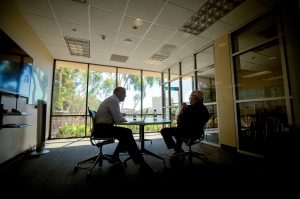 “It’s a confusing time in American politics, and I think many Christians share in that confusion. There’s somewhat of a polarization even in the Christian community when we deal with specific candidates and specific policies, overall programs, personalities—things of that nature. But I also think it’s an exciting time for the Christian community. I don’t think we have done nearly enough to think biblically, theologically, and historically about these matters, and I think a lot of people are experiencing the confusion to such a high degree that they’re eager to step back a bit. [Now] that campaigns are over, maybe we can start dealing with some underlying questions that I think we have ignored for a while.”
“It’s a confusing time in American politics, and I think many Christians share in that confusion. There’s somewhat of a polarization even in the Christian community when we deal with specific candidates and specific policies, overall programs, personalities—things of that nature. But I also think it’s an exciting time for the Christian community. I don’t think we have done nearly enough to think biblically, theologically, and historically about these matters, and I think a lot of people are experiencing the confusion to such a high degree that they’re eager to step back a bit. [Now] that campaigns are over, maybe we can start dealing with some underlying questions that I think we have ignored for a while.”
+ Richard Mouw, president emeritus and professor of faith and public life, in a discussion with President Mark Labberton on the Conversing podcast—listen here.
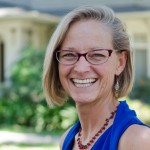 “In Christ, we are bound to one another, even to those whose views diverge from our own. Unlike others who might pursue secular politics as an end in itself or as a way of assuring their significance, we are already assured of our destiny because God has secured it by Christ’s work; complete shalom will one day come. Such knowledge frees us to address difficult issues in the present with humility, trusting that by God’s grace, good will come of our desire to be faithful to God and to neighbor. Even out of our rivalries, Christ can create both a church and a society that embody more closely the coming kingdom of God.”
“In Christ, we are bound to one another, even to those whose views diverge from our own. Unlike others who might pursue secular politics as an end in itself or as a way of assuring their significance, we are already assured of our destiny because God has secured it by Christ’s work; complete shalom will one day come. Such knowledge frees us to address difficult issues in the present with humility, trusting that by God’s grace, good will come of our desire to be faithful to God and to neighbor. Even out of our rivalries, Christ can create both a church and a society that embody more closely the coming kingdom of God.”
+ Erin Dufault-Hunter, assistant professor of Christian ethics, in an essay available here. Read her confessions of a reluctant evangelical.
Voices on Being Evangelical
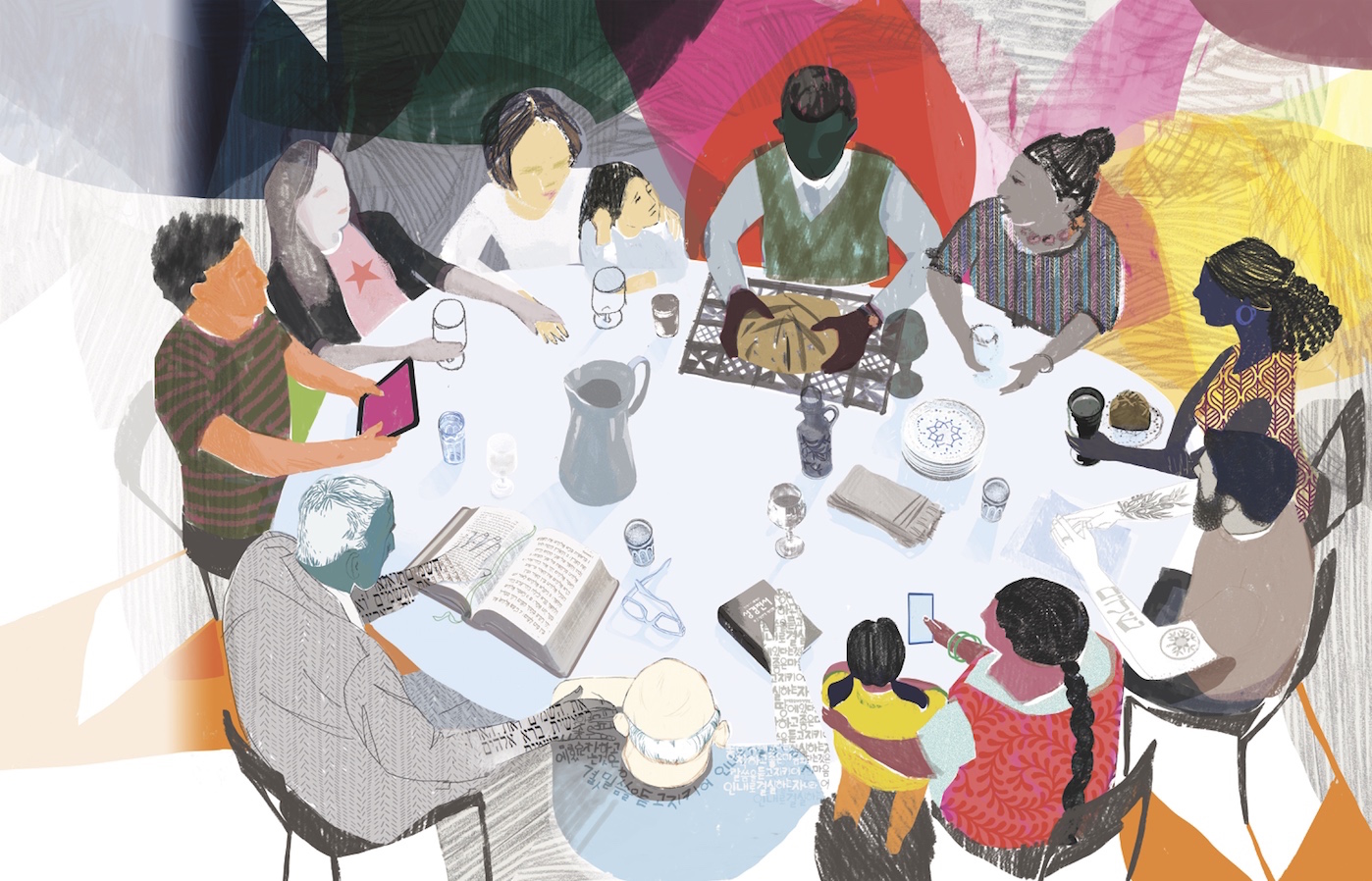
“Evangelical has value only if it names our commitment to seek and to demonstrate the heart and mind of God in Jesus Christ. This calls us into deeper faith and greater humility. It also leads us to repudiate and resist all forces of racism, misogyny, and all other attitudes and actions, overt and implied, that subvert the dignity of persons made in the image of God. The only evangelicalism worthy of its name must be one that both faithfully points to and mirrors Jesus Christ, the good news for the world, and seeks justice that reflects the character of God’s kingdom.”
+ President Mark Labberton and Richard Mouw, president emeritus and professor of faith and public life, in a joint statement on Fuller Seminary’s evangelical identity in a changing political landscape. Explore more resources on being evangelical here.
“God chose the way of love and the way of entering into relationship with us through Christ in order to address these very same challenges. His example reveals that love is not limited to words—it should also be experienced in real relationships, with ups and downs and patient negotiations. This love is not afraid of conflicts that are naturally embedded in human relationships.”
+ Evelyne Reisacher, associate professor of Islamic studies and intercultural relations, in her speech “Uniqueness of Christ and Muslims in Europe” at the Lausanne European leaders meeting in Switzerland, 2014.
“He has told you, O mortal, what is good; and what does the LORD require of you but to do justice, and to love kindness, and to walk humbly with your God?” —Micah 6:8
The post Responding Faithfully to Race and Politics appeared first on Fuller Studio.
 “The church is called to embody a life-giving political community with or without a healthy political system in its place. . . . Rather than merely choosing from among the political options, the church must always be involved in generating new options.”
“The church is called to embody a life-giving political community with or without a healthy political system in its place. . . . Rather than merely choosing from among the political options, the church must always be involved in generating new options.”